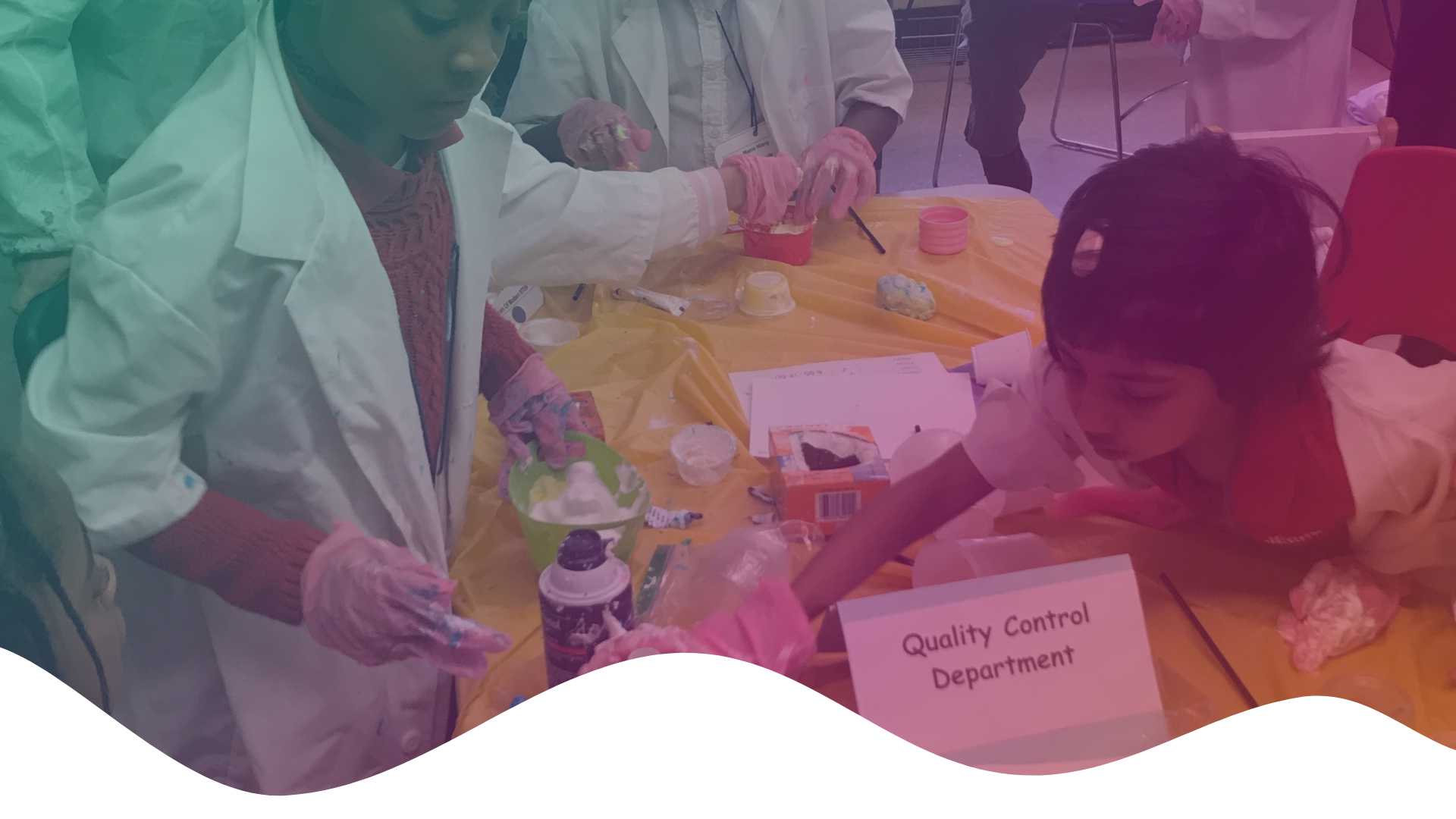
Core Values
1. Ask The Kids
At MicroSociety, we begin with one essential belief: If you want to know how to build meaningful, effective systems for students—ask them. Their insights shape direction, expose what’s missing, and unlock what’s possible. We don’t just ask out of politeness. We ask because kids know. And when we ask—and act—everything gets better. This is more than a mantra. It’s a mindset, a method, and a movement.
2. Kids in Charge Is Not a Slogan—It’s a System
Student voice isn’t symbolic—it’s structural. In MicroSociety, kids govern, invent, negotiate, and lead. Leadership isn’t taught in theory. It’s practiced in real time, by doing real work, with real consequences.
3. Belong Boldly
We don’t ask students to blend in—we invite them to stand out. Every child is seen, celebrated, and empowered to show up fully. Belonging in MicroSociety isn’t quiet. It’s confident, joyful, and grounded.
4. Curiosity Is the Curriculum. Real Work Is the Real World.
We follow the questions students ask—not just those written in a textbook. And we connect learning to life. Students build economies, run governments, and solve real problems in their society. That’s where deep learning happens.
5. Setbacks Are Big Opportunities
Mistakes aren’t failures—they’re feedback. At MicroSociety, we reframe setbacks as setups for growth, resilience, and innovation. We teach students to reflect, adjust, and move forward stronger.
6. Make Space. Step Back. Observe.
Empowerment begins with trust. We equip adults to uncover student needs and interests by listening deeply, observing closely, and making space for student voice and leadership. This means resisting the urge to control and remaining present with curiosity. The most effective educators coach from the edge—not the center.
7. Passion and Persistence Fuel Progress
When students care deeply, they commit fully. Passion gives purpose to their effort—and persistence leads to visible growth. In MicroSociety, students see their progress, and that seeing fuels even greater persistence. Improvement isn’t abstract here. It’s real, it’s earned, and it motivates students to keep going.
8. Peers and Partners Valuing Work Fuels Motivation
Students thrive when their work is seen and respected by others in multi-age, interest-based communities. In MicroSociety, motivation and trust deepen when peers and partners recognize and value each other’s work. It’s not about popularity, it’s about purpose. Shared interests build authenticity, and shared recognition builds pride, deepens effort, and strengthens community.
9. Every Child’s Strengths Benefit the Community
In MicroSociety, every student brings unique strengths, interests, and talents that contribute to the community they help build. By giving students meaningful roles, we uncover their gifts and show how their work supports others. This strengthens empathy, fosters respect, and teaches that diversity isn’t an obstacle—it’s what makes a community thrive.
10. Constraints Fuel Creativity
Resources may be tight, and time may be short. We see every limitation as a launchpad. Everyone learns to think critically, solve resourcefully, and build purposefully with what they have.
11. Readiness and Opportunity Must Align
We don’t get frustrated when students aren’t ready—we get curious. In MicroSociety, we observe, listen, and adjust. We keep showing up with new challenges and fresh chances, refining our approach until the fit is right. Potential doesn’t bloom on a timer. It grows when opportunity is patient, persistent, and personalized.
12. Trust What Works: Support Students to Manage Their Own Environment
We trust what helps students grow—even when it doesn’t follow the rules or match adult expectations. When young people take charge of their environment, they learn to take risks, manage their work, solve problems, and shape outcomes. In MicroSociety, we see learning through the student’s lens—and let go of what no longer serves them. That builds autonomy.
